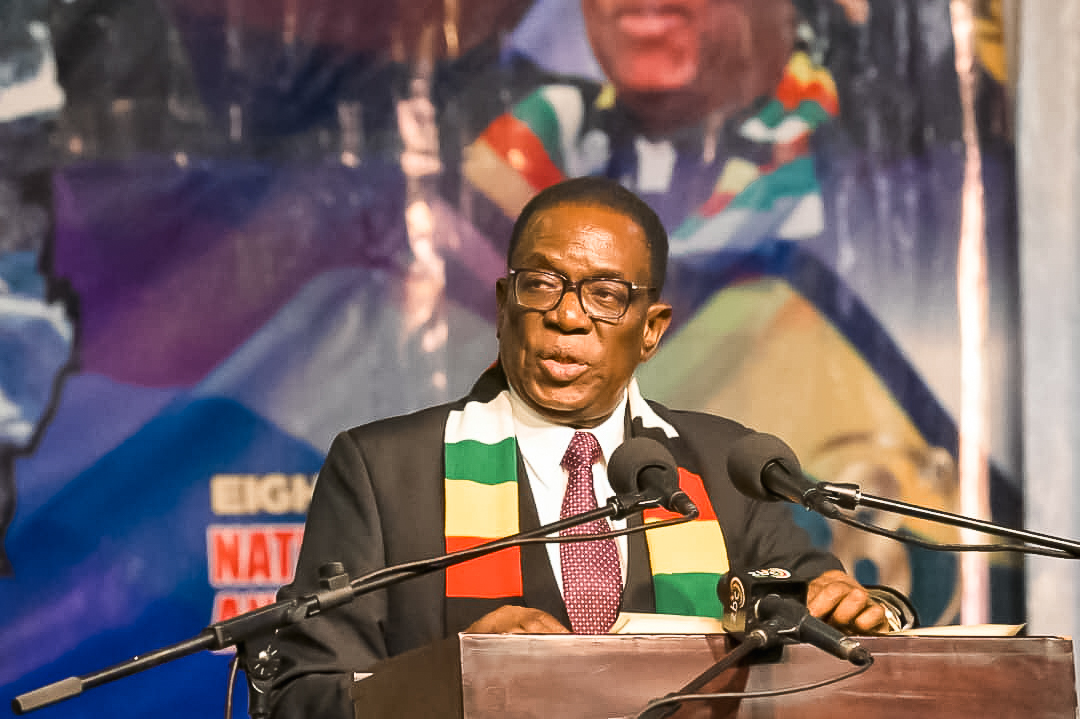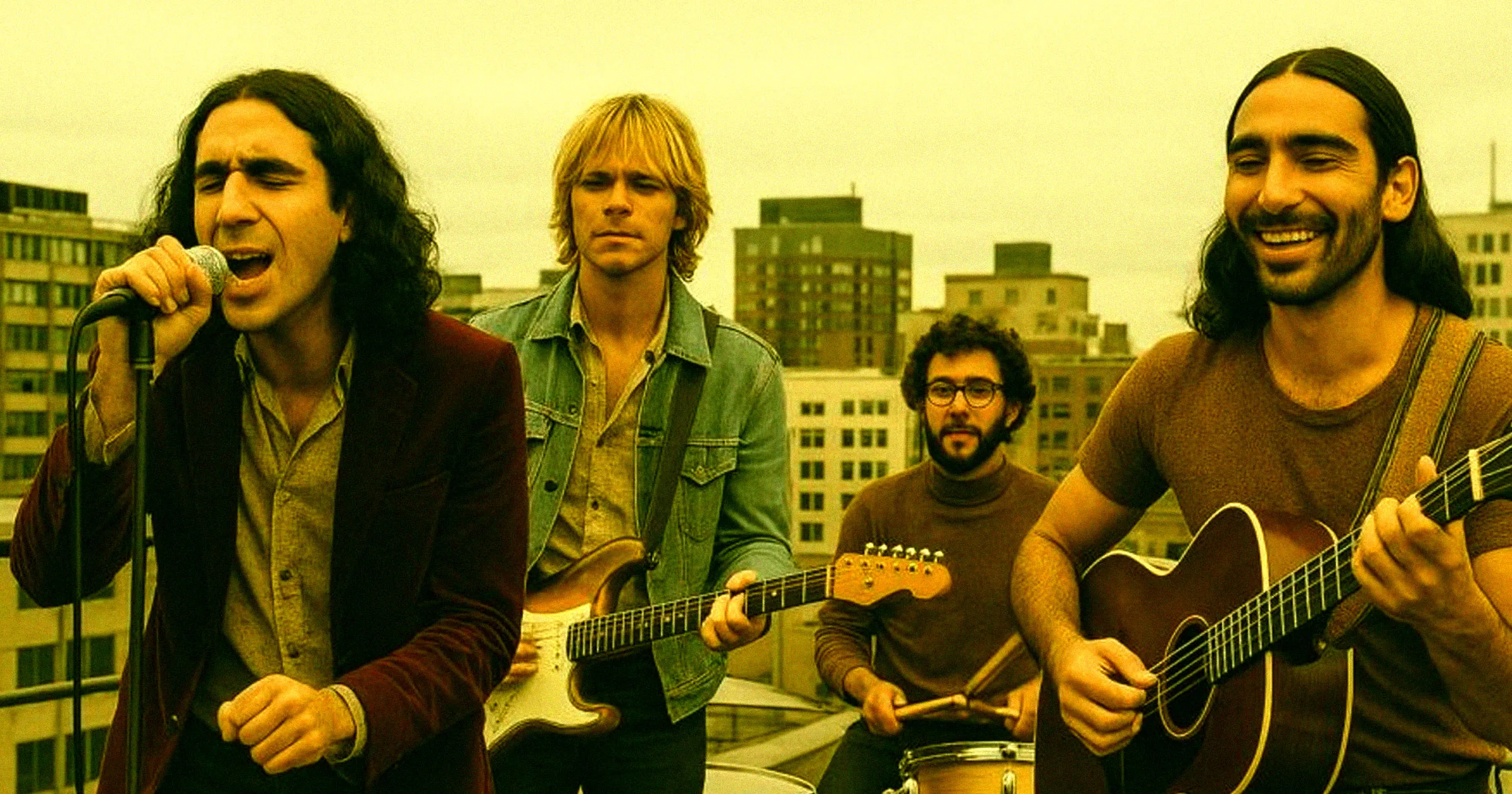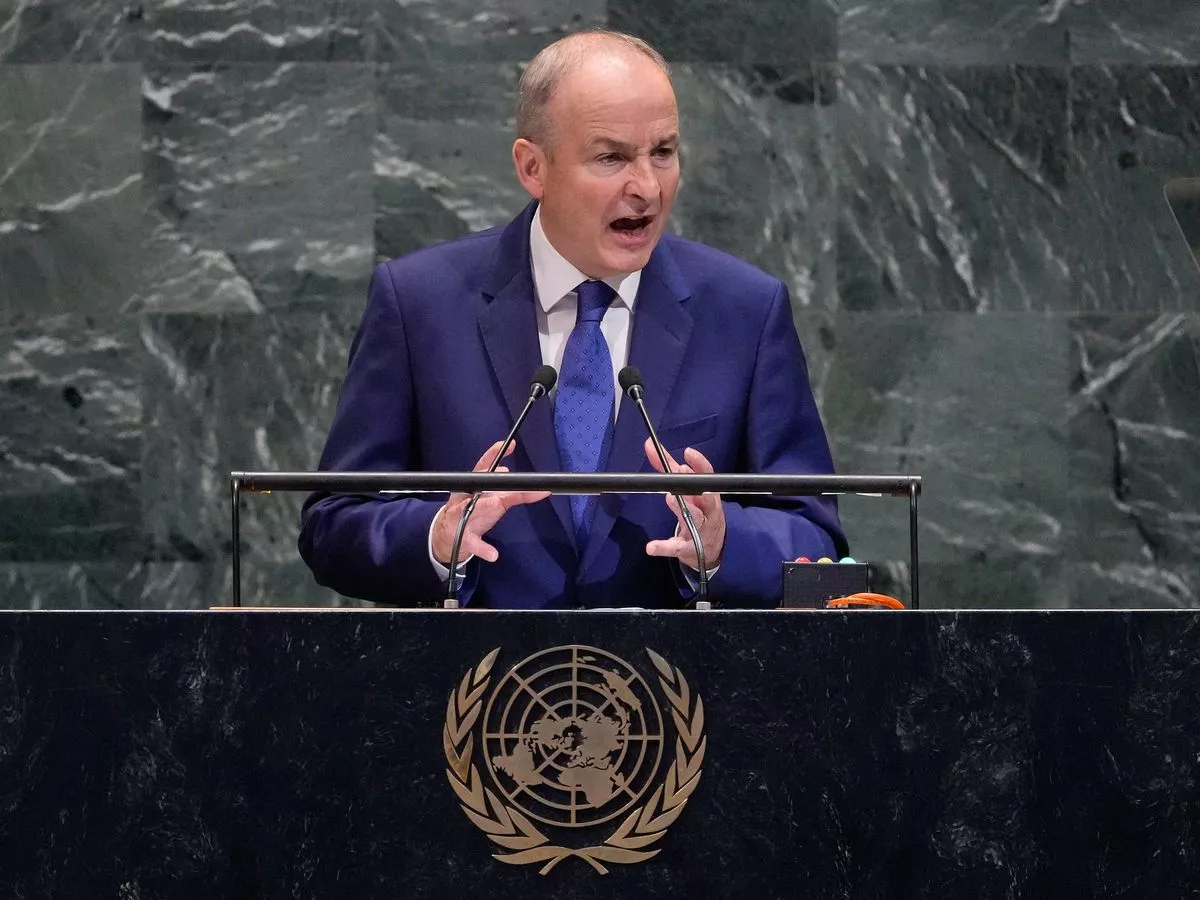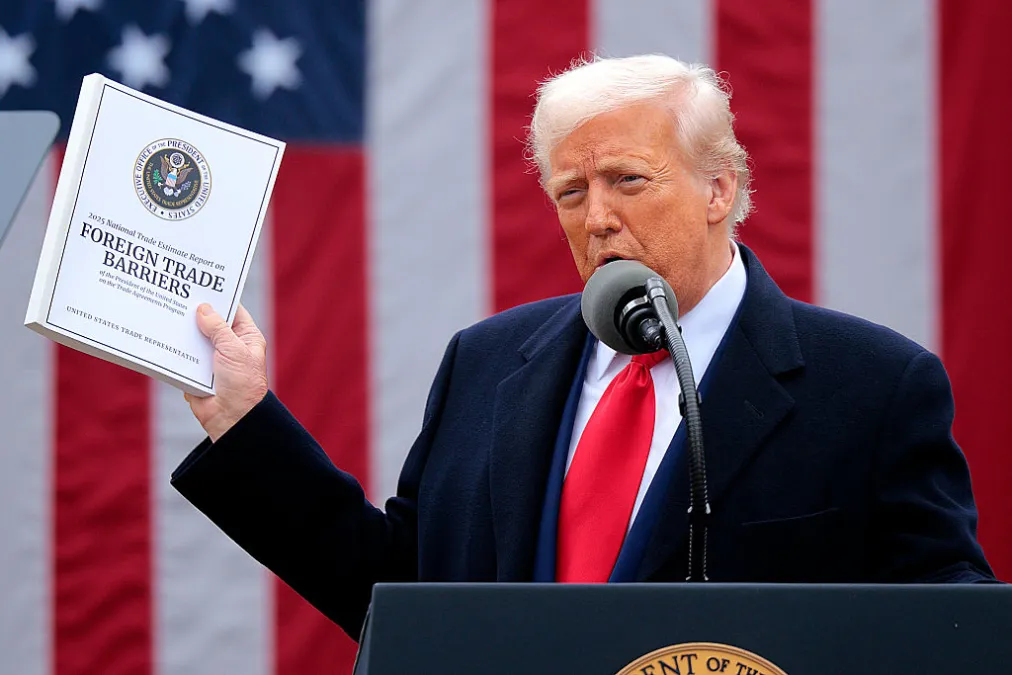Copyright nehandaradio

The love of power, much like the love of money, has revealed itself as the root of all evil. The ruling ZANU-PF party has once again thrown Zimbabwe into turmoil, not because of any ideological contestation over the country’s future, but because of an internal power struggle driven by selfish ambitions. At the centre of this fierce battle is the increasingly loud push by President Emmerson Mnangagwa’s loyalists to extend his tenure beyond the constitutionally mandated two five-year terms, which are supposed to end in 2028. This reckless manoeuvre not only undermines the Constitution but threatens peace, stability, and much-needed development in Zimbabwe. The intensifying factional fight has now spilled into the open, with Vice President Constantino Chiwenga confronting Mnangagwa in ways never before witnessed since the 2017 coup d’état that ousted long-time ruler Robert Mugabe. Chiwenga, the then Commander of the Zimbabwe Defence Forces (ZDF), was the chief architect of that coup. Many believed he refrained from taking power himself out of fear of international backlash against a military regime. Instead, he invited back Mnangagwa, who had fled to South Africa after being fired by Mugabe, to assume the presidency. It was therefore always assumed that once Mnangagwa’s two terms expired, Chiwenga would be the natural successor. Yet, that apparent gentleman’s agreement now lies in ruins. Mnangagwa’s loyalists have been working overtime to push through resolutions at successive ZANU-PF conferences calling for an extension of his tenure. Incredibly, the same resolution was passed last year, yet the party seems intent on repeating it again at the upcoming 2025 conference. This is not only bizarre but also exposes the level of desperation within Mnangagwa’s camp, where maintaining power at all costs has become the overriding agenda. Chiwenga, feeling betrayed and increasingly cornered, recently made his move. In a heated Politburo meeting, he reportedly tabled a dossier exposing massive corruption within the ruling elite. He accused Mnangagwa’s allies, particularly businessman Kudakwashe Tagwirei, of looting over US$3.2 billion of ZANU-PF’s funds through its 45 percent shareholding in Sakunda Holdings. He went further, naming controversial tenderpreneurs Wicknell Chivayo, Scott Sakupwanya, and Delish Nguwaya as key players in the cartel siphoning billions from state coffers. In a dramatic twist, he openly questioned why none of these individuals have faced arrest despite the overwhelming evidence of their corrupt dealings. These accusations, whether motivated by genuine outrage or factional rivalry, mark a dangerous escalation. The daggers are out, and the battlefield has been drawn within ZANU-PF itself. Ahead of the crucial conference, Tagwirei has pledged US$3 million to bankroll the event and donated 300 vehicles to Central Committee members, while Chivayo has purchased cars for all ten provincial chairpersons. Clearly, these businessmen are not merely allies but kingmakers, buying influence to secure their continued stranglehold on the state. Tagwirei is even widely believed to be Mnangagwa’s preferred successor. The irony is glaring. While ZANU-PF leaders fight bitterly over power and access to state resources, ordinary Zimbabweans are left to fend for themselves in a collapsing economy. As the saying goes: when two elephants fight, it is the grass that suffers. In Zimbabwe, the people are the grass. The tragedy of this political theatre is that it diverts attention from the real crises facing the nation. Just this past week, I had my elderly mother admitted at Kwekwe General Hospital due to a pleural effusion. The hospital, like many others across the country, had virtually nothing except for the bed she slept in and the dedication of the hardworking nurses and doctors. Every single pill, from simple painkillers to life-saving antibiotics, had to be purchased. Every lab test — from infection screening to cancer checks, blood oxygen levels, and more — had to be paid for privately. X-rays, chest drains, and other essential equipment were unavailable, forcing me to dig deep into my already limited resources. This personal experience made me painfully aware of the daily suffering endured by countless Zimbabweans. I could at least scrape together the funds to save my mother’s life. But what about a poor villager in rural Zimbabwe, with no money to purchase medication or pay for tests? Their loved ones are simply left to die. This is the reality in a country where the political elite casually dishes out millions of dollars in flashy cars and lavish donations to buy loyalty, while public hospitals are left to rot. It is not just healthcare that has been abandoned. Millions of children, especially in rural areas, still attend school under trees or in ramshackle structures without books, desks, or even chairs. Education, the bedrock of national development, has been sacrificed on the altar of factional survival. Meanwhile, billions of dollars are siphoned every year through shady procurement processes, inflated tenders, and outright looting of state resources. All of this chaos could have been avoided had Mnangagwa simply chosen to respect the Constitution. By firmly declaring that he would step down in 2028, he could have prevented the poisonous factionalism tearing apart his party and the country. A clear succession plan would have refocused ZANU-PF and the government on governing rather than plotting. It would have closed the door to this frenzy of buying loyalty with taxpayers’ money. It would have signaled a commitment to the rule of law and inspired confidence in ordinary citizens and the international community alike. Instead, Mnangagwa’s unconvincing pledges and tacit encouragement of these unconstitutional schemes have fueled the worst instincts within his party. His desperation to cling to power has emboldened corrupt elites who now see politics not as a means of serving the nation but as an opportunity to loot and consolidate wealth. It is telling that while Zimbabwe loses over US$4 billion annually to corruption, no serious crackdown is ever undertaken against those responsible, precisely because they are the same individuals financing Mnangagwa’s political ambitions. This is why the 2030 agenda being pushed by Mnangagwa’s loyalists is not merely a harmless political project. It is a direct threat to peace and development. It sows division at the highest levels of government, undermines constitutionalism, and entrenches corruption on a massive scale. It deprives citizens of basic services, denies children their right to education, and condemns the sick to premature deaths. It destabilizes the economy by creating uncertainty around succession and fuels a culture of patronage that stifles innovation and investment. Zimbabweans cannot afford another decade of leadership obsessed with personal power at the expense of national progress. Mnangagwa’s legacy, already tarnished by economic collapse and rampant corruption, will be permanently stained if he pursues this unconstitutional path. The greatest act of statesmanship he could demonstrate today is to end the speculation, halt the reckless ambitions of his loyalists, and make it unequivocally clear that he will step down in 2028. Only then can Zimbabwe begin to focus on the urgent task of rebuilding its broken institutions, restoring faith in governance, and delivering the health, education, and prosperity its people so desperately need. Until that happens, the factional wars within ZANU-PF will continue to hold the entire nation hostage, and the people of Zimbabwe will remain the grass beneath the feet of battling elephants. ● Tendai Ruben Mbofana is a social justice advocate and writer. Please feel free to WhatsApp or Call: +263715667700 | +263782283975, or email: [email protected], or visit website: https://mbofanatendairuben.news.blog/ To directly receive articles from Tendai Ruben Mbofana, please join his WhatsApp Channel on: https://whatsapp.com/channel/0029VaqprWCIyPtRnKpkHe08



